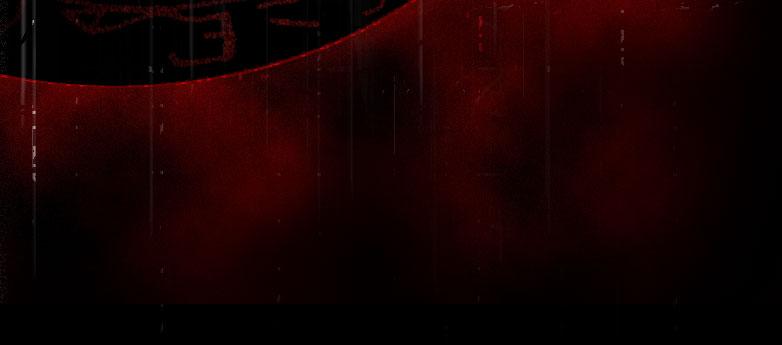�If I wanted to shake this tree with my hands I should not be able to do it. But the wind, which we do not see, tortures and bends it in whatever direction it pleases. It is by invisible hands that we are bent and tortured worst.�
Then the youth got up in consternation and said: �I hear Zarathustra, and just now I was thinking of him.�
Zarathustra replied: �Why should that frighten you? But it is with man as it is with the tree. The more he aspires to the height and light, the more strongly do his roots strive earthward, downward, into the dark, the deep � into evil.�
�Yes, into evil!� cried the youth. �How is it possible that you discovered my soul?�
Zarathustra smiled and said: �Some souls one will never discover, unless one invents them first.�
�Yes, into evil!� the youth cried once more. �You have spoken the truth, Zarathustra. I no longer trust myself since I aspire to the height, and nobody trusts me any more; how did this happen? I change too fast: my today refutes my yesterday. I often skip steps when I climb: no step forgives me that. When I am at the top I always find myself alone. Nobody speaks to me; the frost of loneliness makes me shiver. What do I want up high? My contempt and my longing grow at the same time; the higher I climb, the more I despise the climber. What does he want up high? How ashamed I am of my climbing and stumbling! How I mock my violent panting! How I hate the flier! How weary I am up high!�
Here the youth stopped. And Zarathustra contemplated the tree beside which they stood and spoke thus: �This tree stands lonely here in the mountains; it grew high above man and beast. And if it wanted to speak it would have nobody who could understand it, so high has it grown. Now it waits and waits � for what is it waiting? It dwells too near the seat of the clouds: surely, it waits for the first lightning.�
When Zarathustra had said this the youth cried with violent gestures: �Yes, Zarathustra, you are speaking the truth. I longed to go under when I aspired to the height, and you are the lightning for which I waited. Behold, what am I, now that you have appeared among us? It is the envy of you that had destroyed me.� Thus spoke the youth, and he wept bitterly. But Zarathustra put his arm around him and led him away.
And when they had walked together for awhile, Zarathustra began to speak thus: �It tears my heart. Better then your words tell it, your eyes tell me of all your dangers. You are not yet free, you still search for freedom. You are worn form your search and over-awake. You aspire to the free heights, your soul thirsts for the stars. But your wicked instincts, too, thirst for freedom. Your wild dogs want freedom; they bark with joy in their cellar when your spirit plans to open all prisons. To me you are still a prisoner who is plotting his freedom: alas, in such prisoners the soul becomes clever, but also deceitful and bad. And even the liberated spirit must still purify himself. Much prison and mustiness still remain in him: his eyes must still become pure.
�Indeed, I know your danger. But by my love and hope I beseech you: do not throw away your love and hope.
�You still feel noble, and the others too feel your nobility, though they bear you a grudge and send you evil glances. Know that the noble man stands in everybody�s way. The noble man stands in the way of the good too: and even if they call him one of the good, they thus want to do away with him. The noble man wants to create something new and a new virtue. The god want the old, and that the old be preserved. But this is not the danger of the noble man, that he might become one of the good, but a churl, a mocker, a destroyer.
�Alas, I knew noble men who lost their highest hope. Then they slandered all high hopes. Then they lived impudently in brief pleasures and barely cast their goals beyond the day. Spirit too is lust, so they said. Then the wings of their spirit broke: and now their spirit crawls about and soils what it gnaws. Once they thought of becoming heroes: now they are voluptuaries. The hero is for them an offense and a fright.
�But by my love and hope I beseech you: do not throw away the hero in your soul! Hold holy your highest hope!�
Thus spoke Zarathustra.
-Nietzsche, Thus Spoke Zarathustra Transl. - W. Kaufmann






